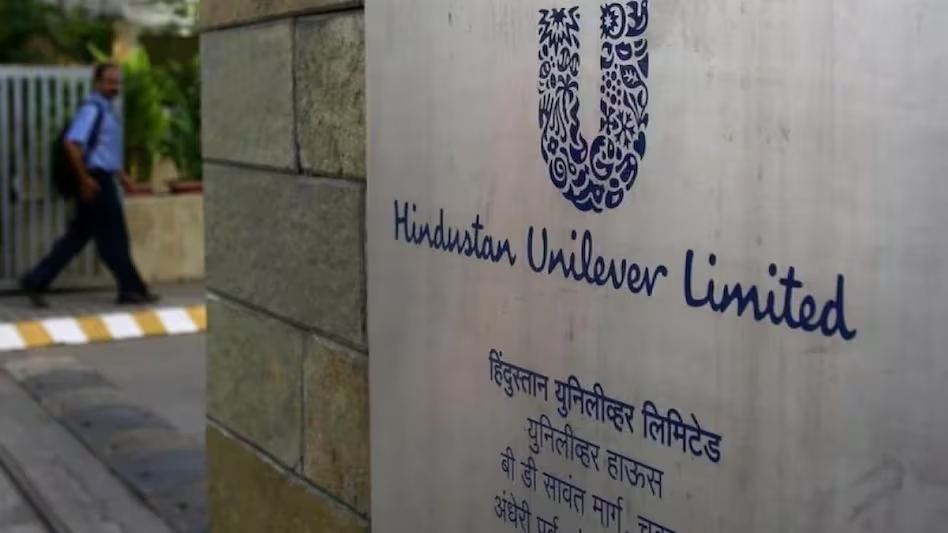India–US Trade Tensions Rise Over Steel and Auto Tariffs NMDC Limited reports a 38% drop in Q4 FY24 consolidated net profit RINL to Raise $23 Million Through Land Sales Amid Crisis

The Delhi High Court upheld the anti-profiteering provisions of the Central Goods and Services Tax (CGST) Act and rules, which dealt a blow to over 100 companies, including Philips, Nestle, Patanjali, and Hindustan Unilever (HUL).
According to the Court relevant sections of the law provide that any reduction in rate of tax or the benefit of input tax credit (ITC) shall be passed on to the consumers by way of “commensurate reduction in prices”. Any wilful action of not passing on the benefits will be treated as ‘profiteering’.
The bench held that relevant legal provisions are not a price fixing mechanism, and do not violate Article 19 or Article 300A of the Constitution.
“The court’s ruling adeptly balances the interests of businesses, consumers, and the tax regime. It nudges companies towards adopting equitable pricing practices while ensuring consumers receive the full benefits of GST adjustments,” stated Sandeep Sehgal, partner-tax, AKM Global.
Abhishek Rastogi, founder, Rastogi Chamber – who was the counsel for some of the petitioners – mentioned that the companies had challenged the constitutional validity of anti-profiteering provisions on the basis of a lack of formula for determining profiteering. The court, however, held that no formula can be enacted to determine anti-profiteering.
That said, the court also didn’t rule out the likelihood of companies hiking prices against the backdrop of cost escalation, and arbitrary exercise of power under the anti-profiteering mechanism.
Pushpendra Dixit, tax head, PVR -Inox, said: “It is likely that the high court and the Supreme Court will witness a slew of petitions challenging the said order in coming days and weeks. If these matters are not admitted, huge demands would be confirmed and recovery proceedings could hit businesses hard.”
Adarsh Somani, partner, Economic Laws Practice, said that the Delhi HC has merely decided the constitutional validity of provisions on anti-profiteering. “Whether the merits of the case warrant confirmation of profiteering is still under assessment and would be looked upon by the court separately.”
The National Anti-Profiteering Authority (NAA), set up in 2017, was tasked with ensuring that companies translate the benefits of ITC and GST reductions into price decreases for consumers. It was, however, dissolved by the government in December 2022. Since then, the Competition Commission of India (CCI) has been dealing with cases of profiteering.
Also Read : SAIL Provides Complete Indigenous Steel for INS Arnala, Advancing India’s Defence Self-Reliance Stainless Steel Sector Faces Headwinds in Q1 FY26 Amid Import Surge